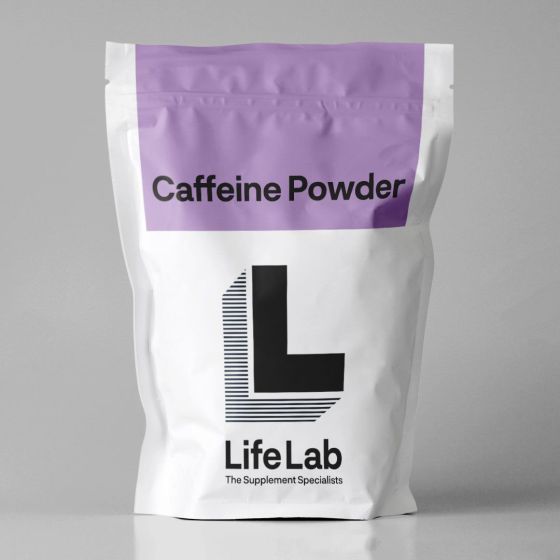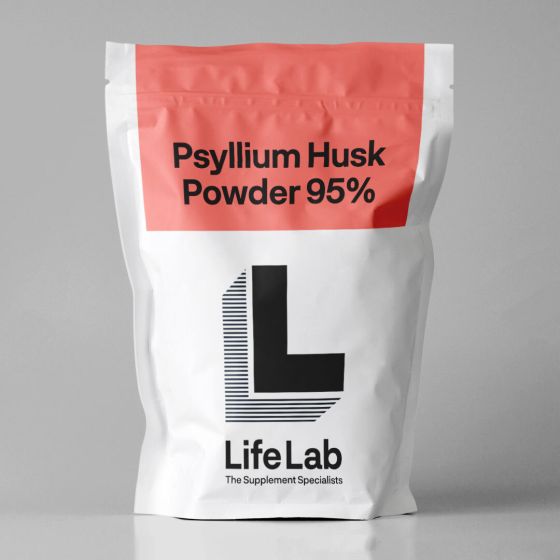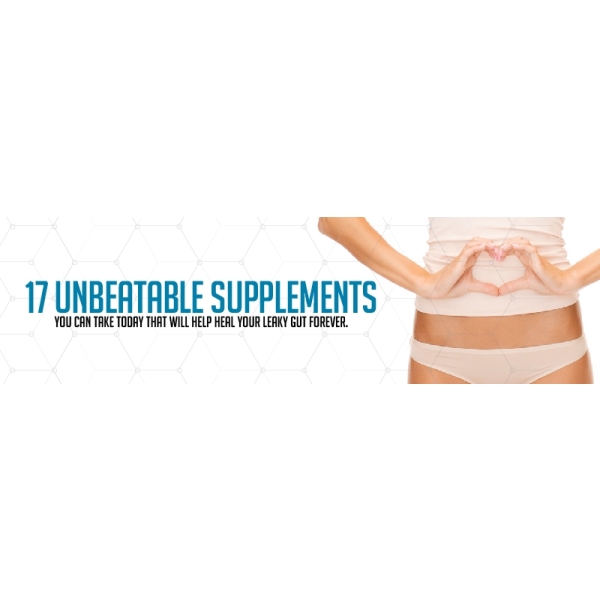What is Supplementation?
At its core, supplementation means “the addition of an extra element or amount to something.” This simple concept takes on a whole new meaning when we dive into the world of weight loss supplements. These products promise quick results and an easy path to a slimmer you, but is there any truth behind the hype?
The Rise of "Weight Loss Supplements"
Walk into any supplement store, and you'll be greeted by a wall of "weight loss supplements" and "fat burners" all vying for your attention. Despite the flashy packaging and bold claims, many of these products share a common ingredient: caffeine powder.
Caffeine is a powerful stimulant known for its ability to increase brain activity, boost energy levels, and enhance the circulation of chemicals like cortisol and adrenaline. On the surface, this sounds like a winning combination for anyone looking to shed a few pounds. But, as with anything, there's a catch.
The Flaws of Caffeine
While caffeine can temporarily boost your metabolism and help you burn a few extra calories, it comes with some downsides. Caffeine raises your blood pressure and forces your heart to work harder. Over time, relying on caffeine-laden supplements can lead to jitteriness, insomnia, and even dependency.
Are Fat Burners the Answer?
Given these risks, it’s clear that the so-called "fat burners" are not the magic pill for weight loss that they’re often made out to be. So, what’s the alternative?
Supplements for Weight Loss
Instead of turning to quick fixes, consider supplements that may support your weight loss journey. Ingredients like Spirulina, Psyllium, Black seed, Chitosan and Curcumin may aid in fat loss when paired with a healthy diet and regular exercise. These supplements work by potentially enhancing your body’s natural processes, rather than relying on stimulants to force results.
Studies.
A meta-analysis of 111 randomized controlled trials involving 6,171 participants with overweight or obesity evaluated the effectiveness of 18 different weight loss supplements. Seven supplements showed some effectiveness in reducing weight compared to a placebo:
Spirulina: -1.77 kg (3.90 lb) [High certainty]
Psyllium: -3.70 kg (8.16 lb) [Moderate certainty]
Black Seed: -2.09 kg (4.61 lb) [Moderate certainty]
Chitosan: -1.70 kg (3.75 lb) [Moderate certainty]
Curcumin: -0.82 kg (1.81 lb) [Moderate certainty]
Glucomannan: -1.36 kg (3.00 lb) [Low certainty]
Green Tea Extract: -1.25 kg (2.76 lb) [Low certainty]
However, none of the weight loss achieved was considered clinically significant.
The Bottom Line
Supplementation can be a powerful tool in your weight loss arsenal—but only if you choose the right supplements. Instead of falling for the latest "fat burner," focus on products that support your overall health and wellness. Remember, there’s no shortcut to sustainable weight loss. The key is a balanced approach that combines proper nutrition, exercise, and smart supplementation.















